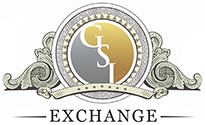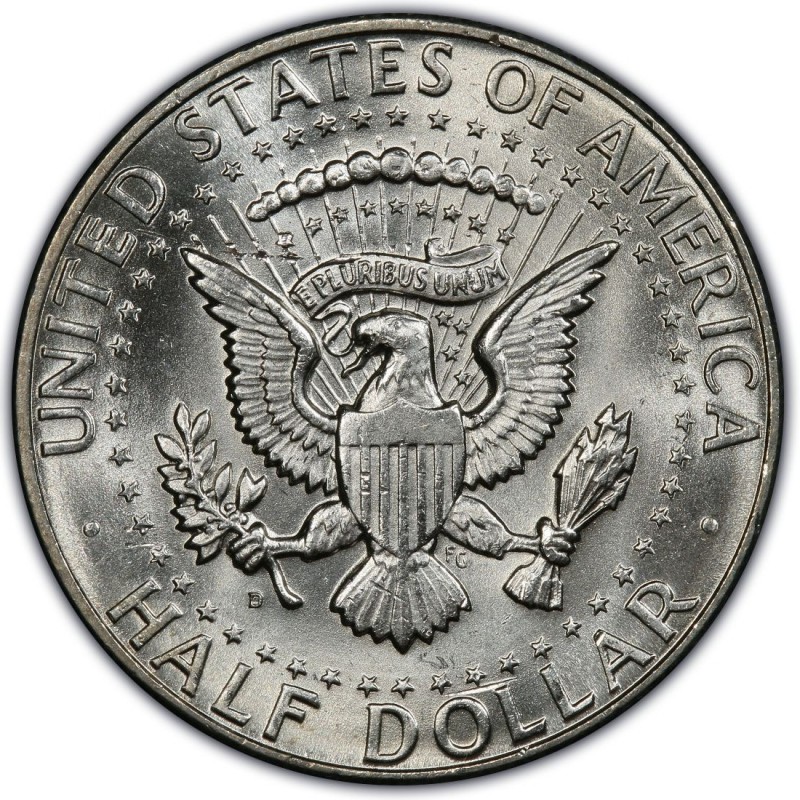U.S. Job Market Demonstrates Resilience with 339,000 Jobs Added in May
The US economy displayed strength in the labor market with nonfarm payrolls surpassing expectations to increase by 339,000 in May, marking the 29th consecutive month of positive job growth. The figure significantly exceeded the Dow Jones estimate of 190,000. However, despite the overall robust job growth, the unemployment rate ticked up to 3.7%, the highest since October 2022 but still relatively low historically. The job growth was led by professional and business services, followed by the government and healthcare sectors. Average hourly earnings rose by 0.3%, matching expectations, while the annual wage increase rate was 4.3%. The robust labor market numbers had a positive impact on markets, with Dow Jones futures rising by about 200 points. Despite these positive signs, some economic experts continue to anticipate a potential recession later this year or early in 2024.
The 'Great Resignation' Era Comes to an End
The pandemic-era trend known as the 'Great Resignation', where employees quit their jobs in large numbers, often for higher-paying roles, seems to be ending. This mass quitting was a sign of a highly dynamic labor market where worker demand exceeded supply. However, recent data indicates the job market is transitioning towards a state similar to pre-pandemic times. As of April, the rate of people quitting their jobs dropped to 2.4%, only slightly higher than the rate in February 2020 and in line with 2019 averages. Even industries like leisure and hospitality, which saw a significant number of employees quitting, are returning to normal. Experts suggest that the labor market remains strong but is no longer overheating.
Retail Red Flags: Changing Consumer Behavior Signaling Economic Caution
Major U.S. retailers, Macy's and Costco, are seeing a shift in consumer spending from non-essentials to essentials like food, pointing towards possible economic turbulence. With Macy's lowering its forecast due to reduced demand and Costco observing a switch to cheaper food options, a trend common in recessions, retailers are feeling the pinch. However, not all is bleak as companies like Walmart and cosmetic chains like Ulta and Elf are enjoying robust sales. This shift in consumer behavior hints at a cautious economic outlook, demanding quick adaptation from retailers and careful monitoring from policymakers.
Artificial Intelligence Rally Fuels Surge in Big Tech Stocks Amidst Economic Uncertainties
In the midst of an unstable economic environment with concerns over inflation and unresolved debt ceiling issues, big tech stocks like Apple, Microsoft, Alphabet, Amazon.com, and Nvidia are experiencing significant growth. This is largely due to excitement around advancements in artificial intelligence (AI). However, the overall performance of the S&P 500 index isn't in line with these specific companies, indicating that they are significantly impacting the index's growth. There are concerns over a potential AI bubble, but if AI adoption continues as predicted, many other companies, particularly in the semiconductor sector, may also benefit. Despite the AI boom, investors are cautioned not to lose sight of the broader economic concerns.
U.S. Averts Default as Senate Approves Debt Ceiling Hike
The U.S. Senate has approved a bill to raise the debt ceiling, thereby preventing the country's first-ever debt default. This followed the passing of the Fiscal Responsibility Act by the House. The bill, which was the result of intense negotiations, is expected to be signed into law by President Biden. Despite disagreements within the Senate, the bill passed with a 63-36 margin, thereby avoiding a filibuster. This move comes just ahead of the Treasury Department's June 5 deadline for raising or suspending the debt ceiling. This development has been welcomed by investors, and Moody's Investors Service has indicated it will not be considering a downgrade of U.S. debt following the resolution of the crisis. With the debt ceiling issue resolved, Congress will now focus on how to spend their capped sums of money next year.
Analysts Maintain Strong Outlook for Gold Despite Resolved U.S. Debt Ceiling Crisis
Despite the recent resolution of the U.S. debt ceiling crisis, financial analysts predict that gold's status as a safe-haven asset won't diminish. Though the passage of the debt ceiling bill could potentially strengthen the U.S. dollar and weigh on gold, significant economic factors remain in play. Furthermore, the market is generally optimistic about gold, with prices testing the $2,000 per ounce resistance level. Analysts suggest that the market is looking beyond the debt ceiling debate and focusing on the Federal Reserve's upcoming policy meeting and the U.S. labor market. They argue that while the risk of a recession is real, holding gold as an insurance policy remains a sound strategy.





















